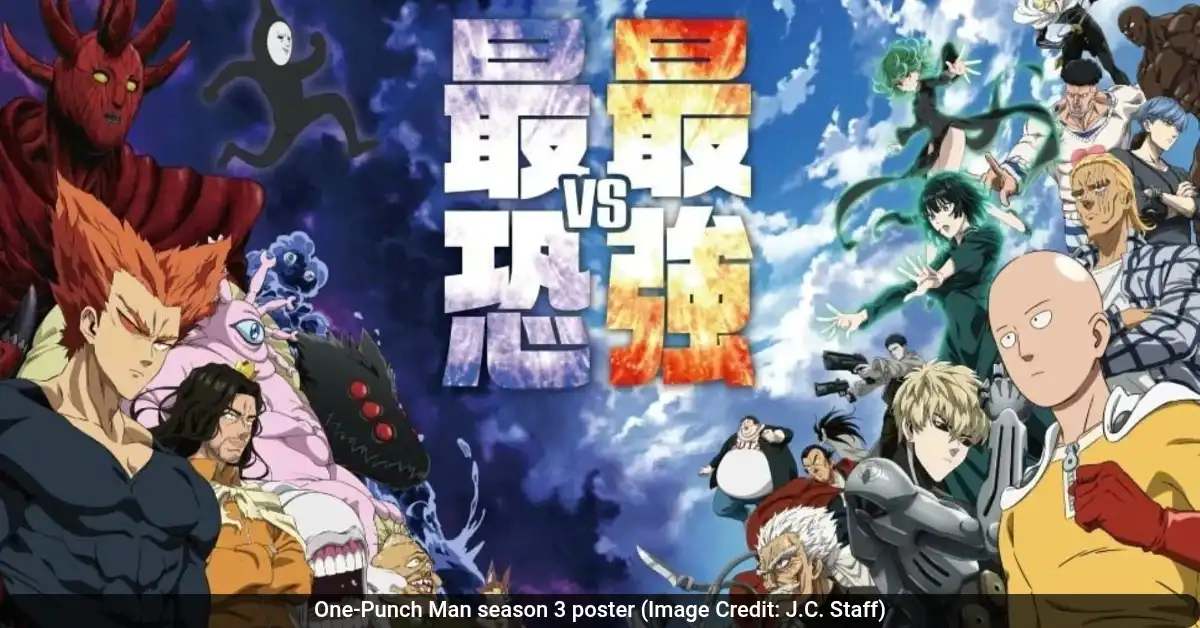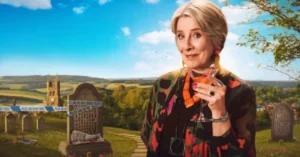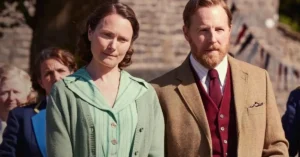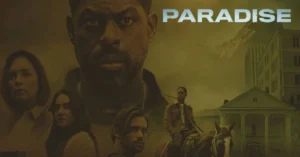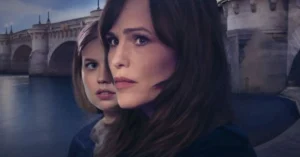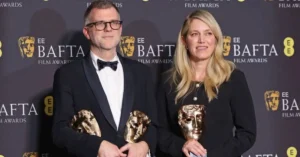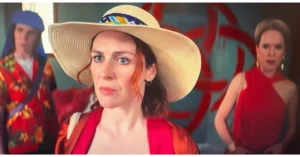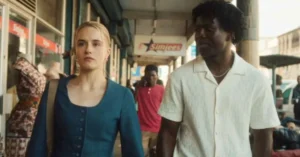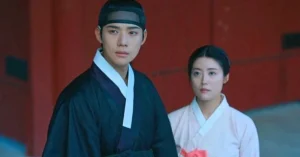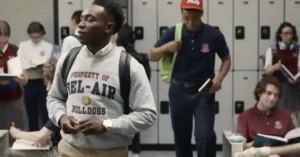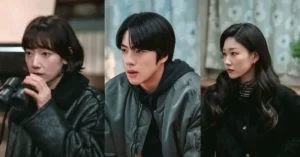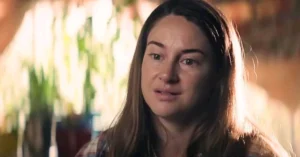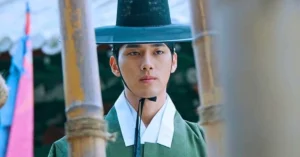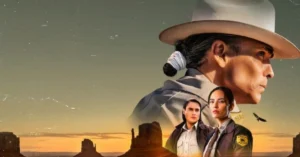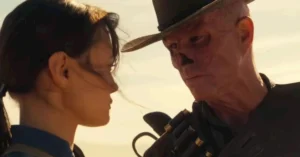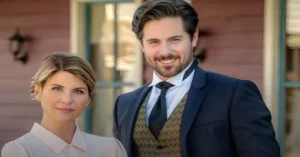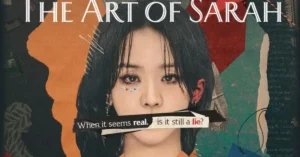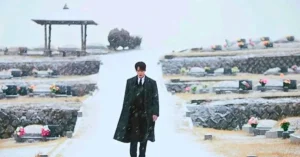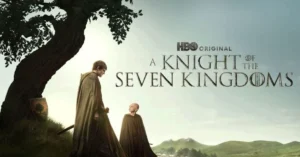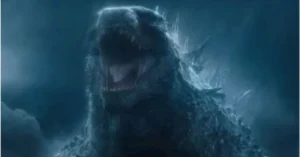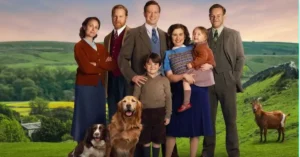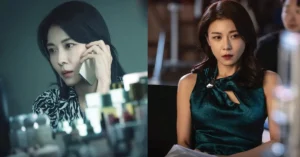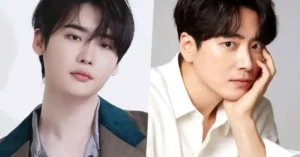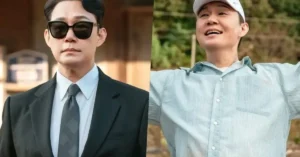The return of One-Punch Man for a third season has ignited intense online debate. Following its October 12, 2025 premiere, the new season faces significant criticism from fans disappointed with its animation quality, with some calling it “One Frame Man.” This backlash has had real-world consequences, leading director Shinpei Nagai to deactivate his social media account after facing harassment.
Fan Disappointment and “PowerPoint Animation” Criticism
Many fans have expressed deep frustration with the animation in the first two episodes. A common complaint is the use of static images and a lack of fluid movement, which viewers have mockingly called “PowerPoint animation.” Specific scenes, like one where the character Garou slides down a grassy hill, have become infamous online. In this scene, the character image remains largely unchanged, appearing to simply glide down the slope, which has been widely shared as a meme and cited as an example of the show’s perceived poor quality.
On social media platforms like Reddit and X, fans have been vocal about their concerns. One user worried about the future of the season, writing, “I’m scared how they’ll handle the fights”. Another criticized the style, stating the episode felt like “voiced manga panels” and “still shots moving side to side.” This sentiment reflects a broader disappointment after the six-year wait since the second season.
Understanding the Backlash: High Hopes and Harsh Reality
The criticism stems from a dramatic shift in quality since the show’s beginning. The first season, produced by studio Madhouse in 2015, was widely praised for its stunning visuals and dynamic fight sequences, setting a very high standard. The second season, which moved to studio J.C. Staff in 2019, was already seen as a step down in animation quality. Many fans had hoped that the long gap before season three would allow J.C. Staff to improve, but the early episodes have not met those expectations for a significant portion of the audience.
The situation escalated beyond online criticism into personal attacks. Director Shinpei Nagai was targeted by fans even before the season aired, with some questioning his qualifications. After the episodes released, the harassment intensified. Nagai posted a heartfelt message on social media, explaining the toll it was taking. He stated that the backlash was affecting his mental health and the morale of the production team at J.C. Staff, leading to his decision to leave the platform.
A Different Perspective: Defending the Adaptation
Despite the outrage, some voices have called for a more measured response. Industry professionals and a segment of fans suggest the issue is more complicated than simply blaming the animation studio.
Respected animator Vincent Chansard, known for his work on One Piece and Jujutsu Kaisen, publicly defended J.C. Staff. During a live online interview, he explained, “I think a lot of people blame J.C. Staff, but it’s a bit more complex. Sometimes, it’s not about the animation studio; sometimes it’s about the production committee that is on top of everything.” He highlighted the difficult conditions in the Japanese animation industry, noting that studios like J.C. Staff are often just trying to survive with the resources and time they are given.
Some defenders point out that the early episodes are adapting dialogue-heavy chapters from the original manga, which require less action. They argue that the team might be saving their animation resources and budget for the major fight scenes that occur later in the story arc. One fan commented, “The frames did look really good. The colors, style, and small animations were good… I’m also happy with the voice acting, and the music was good too.”
The Bigger Picture of Anime Production
This incident sheds light on the common challenges within the anime industry. Animators in Japan are frequently overworked and underpaid, facing brutal production schedules. Studios often operate under tight budgets and strict deadlines set by production committees, which are groups that manage the business and funding aspects of a show. These constraints can directly impact the final quality of an anime, regardless of the studio’s own skill or desire to create a perfect product.
The controversy also highlights a problem with toxic fan behavior. While criticism is a normal part of audience reaction, the personal harassment of creators can have severe consequences. The driving of a director off social media is an extreme outcome that underscores how online toxicity can negatively affect the very people working to bring beloved stories to life.
What Comes Next for the Hero for Hobby
The core story and characters of One-Punch Man remain engaging for many viewers. The current season continues the Monster Association arc, which features some of the most exciting battles from the manga. Upcoming episodes are scheduled to feature an all-out battle between Garou and powerful monsters, which will be a key test for the animation team. The quality of these future action sequences will likely determine whether the season can win back disappointed fans or if the criticism will continue.
Also Read: Invincible Creator Robert Kirkman Settles the Superman vs. Omni-Man vs. Homelander Debate

